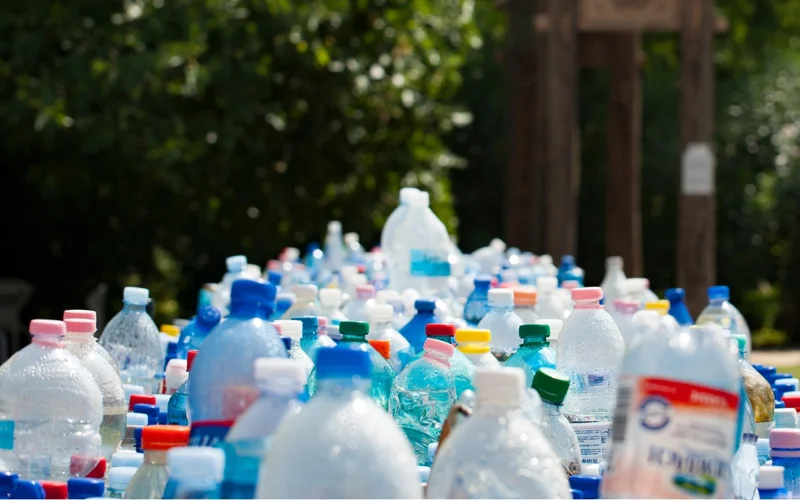How Trump's tariffs reshaped the packaging market
US protectionist policies have dealt a heavy blow to the packaging industry, reshaping the playing field for manufacturers across sectors, from food containers to industrial goods, Kazinform News Agency correspondent reports.

Aluminum, plastic, and tariffs
The Trump administration's 25% tariffs on aluminum sent domestic prices for the metal soaring, in a country that meets about half of its aluminum needs through imports. This has hit packaging producers hard, particularly those relying on aluminum containers, driving up costs and causing supply chain disruptions.
Trump’s trade war with China has also pushed average US tariffs on Chinese exports to 124.1%, significantly impacting the cost of plastics, given that China accounts for about a third of the global plastics market.
Raw material issues worsened this problem. To produce PET, a thermoplastic widely used for bottles and other packaging, US manufacturers rely on imports of terephthalic acid from Canada, Mexico, and South Korea. Goods from all these countries are now subject to 25% tariffs as well.
The rising cost of PET packaging is expected to impact everyday products such as takeout food, beverages, and cosmetics. Similarly, higher aluminum prices will affect the cost of canned beer, deodorants, cleaning products, and aerosols.
Pulp and cardboard under pressure
Imported pulp and paper products have also come under strain, with supplies from Canada and Mexico, two of the US’s key partners in this sector, taking the biggest hit. Although the US produces significant amounts of cardboard domestically, a large share of the pulp used in production still comes from abroad.
This is adding to an already challenging market situation. Global pulp supplies have been disrupted by climate-related disasters and logistical bottlenecks, such as congestion in the Panama Canal. Tariffs are further exacerbating these disruptions, fueling greater market volatility. As a result, cardboard prices are on the rise and are expected to increase by an average of 11.4% annually through September 2026.
Amid the rapid growth of e-commerce in the US, delivery companies are feeling the impact of rising cardboard costs, which are essential for packaging. To offset these additional expenses, many are already preparing to pass some of the burden onto consumers by raising shipping and packaging fees.
Coca-Cola vs. Pepsi
The long-standing rivalry between Coca-Cola and Pepsi, which dates back to the mid-20th century, has taken an unexpected turn in the era of tariffs. In April, PepsiCo lowered its profit forecast, citing rising costs. The company is among those hit hardest by the 25% tariff on imported aluminum.
Coca-Cola, meanwhile, has said it is prepared to ramp up sales of products in plastic packaging if needed, to offset the rising cost of aluminum cans. Coca-Cola also holds an advantage: the bulk of the base ingredients for its beverages sold in the US are produced domestically.
Pepsi, on the other hand, moved its concentrate production to Ireland back in the 1970s to benefit from lower taxes. That decision has now come back to haunt the company, as the syrup concentrate is subject to a 10% tariff on goods from the EU, a rate that could rise to 20% as early as July.
New packaging solutions
Despite the pressure from tariffs, the packaging industry has not come to a standstill. It is actively adapting. Major players are already experimenting with packaging tailored precisely to the size of the product, reducing excess space inside boxes and cutting costs. New standards are emerging: less plastic, more recycled content, and simplified designs. Anything that can be made thinner, lighter, and cheaper is quickly becoming the norm.
These measures are not only helping businesses survive amid higher tariffs but are also aligning with growing consumer demands for sustainability and environmental responsibility.
Earlier, Kazinform News Agency reported that U.S. President Donald Trump imposed a 100 percent tariff on all foreign movies.
